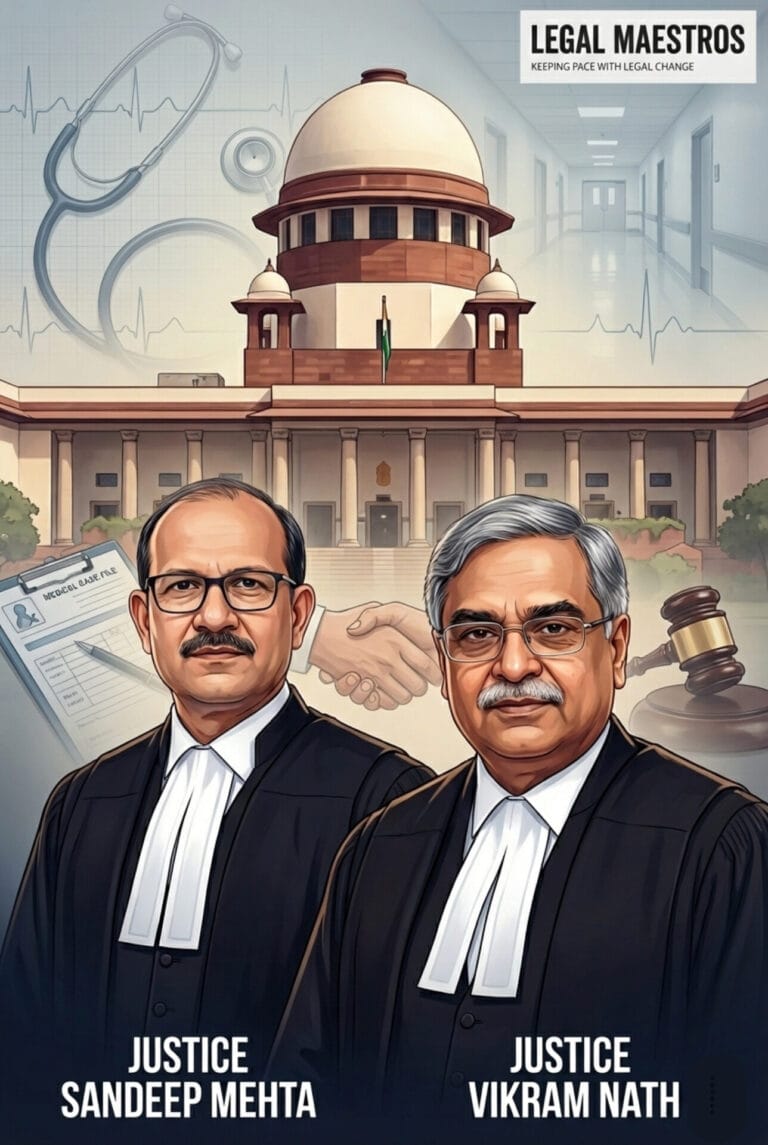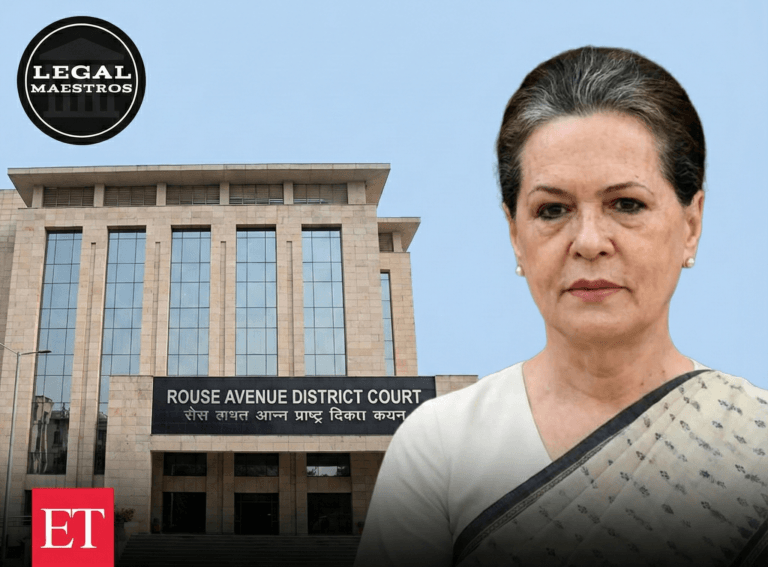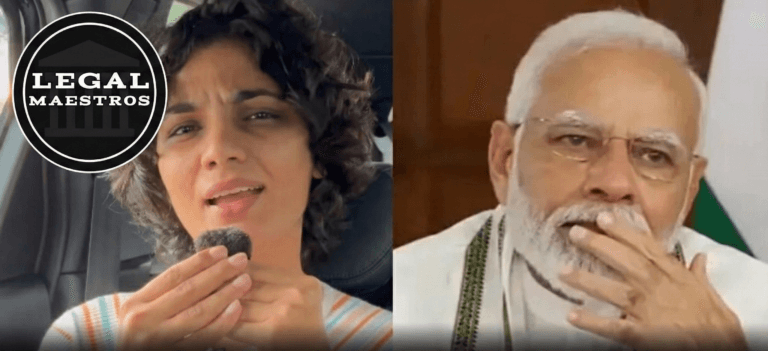
Recently, the Supreme Court of India passed a landmark case in Civil Appeal No. 23514 of 2017, Torrent Power Limited versus U.P. Electricity regulatory Commission (UPERC) and others. This statutory appeal arising under Section 125 of Electricity Act, 2003 throws light on the complex nature involving regulatory power, contract law and interest of the people in the newer world of electricity distribution through franchisee. The case involves a judgment of the apex court, which overturned a previous order of the Appellate Tribunal for Electricity (APTEL). The case goes to the bottom of the jurisdictional confinements of Electricity Regulatory Commissions (ERCs) and construction of fundamental provisions of Electricity Act, 2003.
Fact Background of the Conflict
This judicial tussle has its origin in a petition presented to the UPERC by Respondent No. 4 Rama Shanker Awasthi in 2012. The legality and propriety of an agreement known as Distribution Franchisee Agreement (DFA) and supplementary agreement were questioned in the petition which was signed between Torrent Power Limited (the appellant, a distribution franchisee) and Dakshinanchal Vidyut Vitran Nigam Ltd. and DVVNL (Distribution licensee). The main argument was that DVVNL had allowed Torrent Power Limited to become a franchisee to distribute electricity in Agra urban area without the knowledge of the UPERC, and also the UPERC alleged illegal violations under the electricity act, 2003, in Section 17.
Torrent Power Limited made preliminary objections against the UPERC which mainly touched on the details of maintainability of this petition and jurisdiction of the commission. These objections were however set aside by the UPERC claiming that it had the mandate to do so because it was in the public interest and proceeded to constitute an Expert Committee to examine the performance of the appellant, especially in regard of minimising losses, effectiveness in collections and consumer welfare. The same was later appealed to by Torrent Power Limited before the APTEL, which, although disagreeing upon the component of a “public interest litigation” nevertheless upheld the maintainability of the petition on grounds of the regulatory role of the ERCs towards a distribution licensee including by implication its franchisees.
For any queries or to publish an article or post or advertisement on our platform, do call at +91 6377460764 or email us at contact@legalmaestros.com.
Applicable Legal provisions and Interpretation Thereof
The case was pegged on a number of very crucial provisions of the Electricity Act, 2003. It was section 128 that played a key role in the action taken by the UPERC to direct an investigation. In this section, Appropriate Commission is empowered to set out an investigation in the affairs of a licensee/generating company when it fails to observe license conditions or provisions of an Act. The appellant claimed that a franchisee could not be regarded as under direct investigatory procedure of the UPERC because it is simply an agent of the distribution licensee.
The sections that also played significant role are s61 and s62 that governs the tariffs determination. These chapters require the ERCs to describe terms and conditions of the determination of tariffs, protection of consumer interest, and enhancement of efficiency and competition. The APTEL noted that the effect of the activities of a franchisee on the consumers particularly the tariff matters should be handled by the State Commission. It maintained that common or uniform retail tariffs of different licensees of distribution in a state is not proper and instead, individual licensees based tariffs should be determined depending on performance of the individual licensees.
Moreover, there is the provision in the Section 14 itself, especially, the seventh proviso, which enables the supply of electricity by a distribution licensee or another person entitled to the permit (a franchisee) by himself or herself. Section 17 regards transfer of utility without prior means that was a controversial issue in the initial petition. The court also referred to Section 86 that state commissions functions such as setting out tariffs, or having control over electricity purchase, settling a dispute between licensees and generating companies among other duties.
ERCs Jurisdiction and the matter of Public Interest
The basic concern was whether ERCs have the authority to handle and hear issues that would be considered as of being of interest to the people. The UPERC had originally relied on this ground as justification to its intervention. Although the APTEL agreed that the case was not one of the public interest litigation cases in the sense that it is traditionally understood, it proposed that the ERCs possessed the power to exercise the provision of regulatory oversight over the issues of distribution licensees and therefore, their franchisees as the latter operates on the behalf of the former and their activities affect consumers.
This aspect has been considered critically by the Supreme Court. It stressed that although the provisions of Section 107 and 108 of the Act demand ERCs to follow policy directions given by the Central or State Government when dealing with a case that is of interest to the people, the limit in which a person could be ordered to be investigated under Section 128 is precise: not obeying terms of license or breaking the terms of provisions and regulations of the Act. The court ruled that the satisfaction that one should have in order to request an investigation under Section 128 was not duly satisfied and neither of these two conditions were proved by the finding of the Expert Committee.
Sustainability of Petition and Inspection of the Operating of Franchisee
Another point of controversy was effect of maintainability of the petition filed by Respondent No. 4 under Section 128. The appellant claimed that a non-consumer without locus standi can not make a similar petition. Whereas the UPERC held that the petition was maintainable and the APTEL held that the grievances themselves were legally available to be raised before a State Commission, the Supreme Court differed. It said that in the exposition; it is made clear that the inquiry the Section 128 only deals with the non adherence of terms of a license by a licensee or a contravention of the provisions of the Act.
In terms of the jurisdiction of the ERCs to examine the operations of a distribution licensee utilizing the services of a franchisee, the court conceded that the Electricity Act, 2003 had left such an option open. Nonetheless, it re-emphasized the fact that such licensee is still responsible towards the actions of the franchisee. In the report, referring to increased power supply and customer service by the Torrent Power Limited, were are warned that a slow pace had been made to reduce distribution losses and collection efficiency and hence, any financial gains could not be passed onto retail consumers. Notwithstanding such observations, the Supreme Court finally concluded that the UPERC was wrong in hearing the petition and constituting the expert committee.
In conclusive order, the Supreme Court seen that UPERC acted with a huge mistake when it heard the petition which was presented by Respondent No. 4 and proceeded to make and develop an expert-committee. The APTEL too did not pick up this mistake and rejected the appeal set up by Torrent Power Limited. Consequently, the Supreme Court admitted the appeal and quashed the impugned order of the APTEL. Thus, the report by the Expert Committee became ineffective. This ruling affirms the fact that though the regulatory entities are vested with immense powers, use of such powers through the mechanism of instructing investigation shall strictly ascribe to the particular manner and terms of the particular enabling regulation. It makes clear the fact that the inquiry under Section 128 is limited to non-compliance by a licensee of the terms of its licence or the Act rather than a broad remit of the public interest which does not specify failures.
This ruling is critical as a case law because it underlines the importance of a clear line between jurisdiction and the strict application of the statutory provisions when the regulatory commission interferes with the business of the licensees of electricity distribution and their franchisees. It sheds some light about the constraints of the notion of a public interest as a basis to launch investigations where there are no specific contraventions.








1 thought on “Justices Pardiwala and Misra Clarify Electricity Law: Supreme Court Allows State Commissions to Examine Public Impact of Power Distribution Agreements”